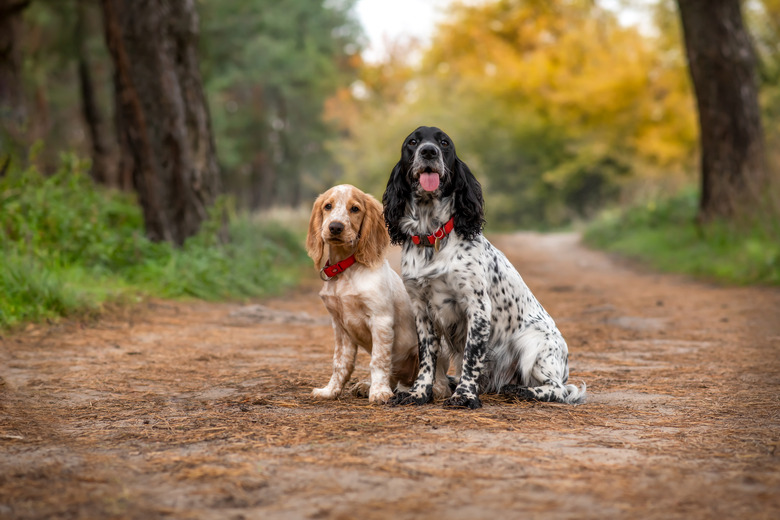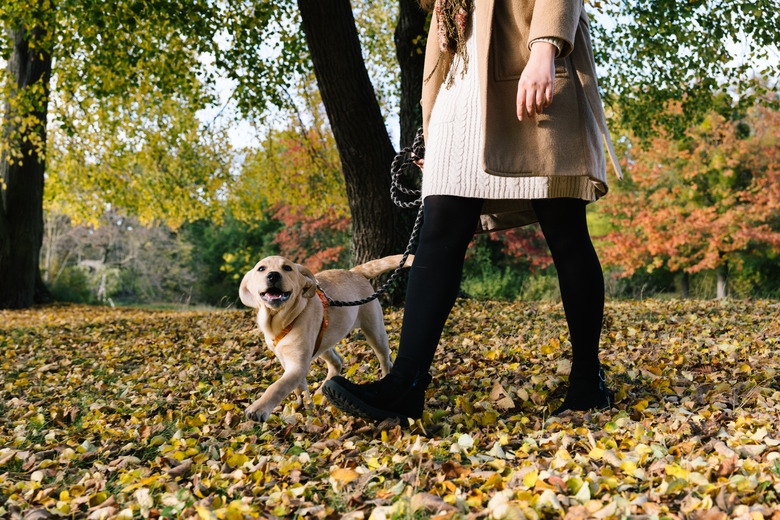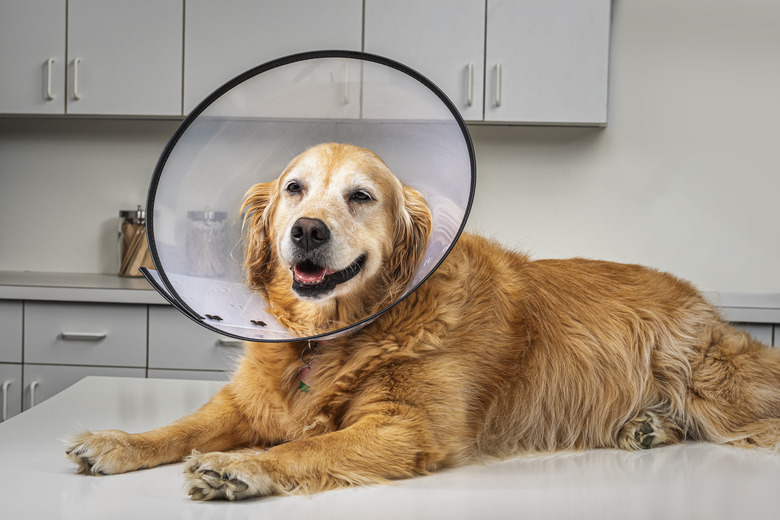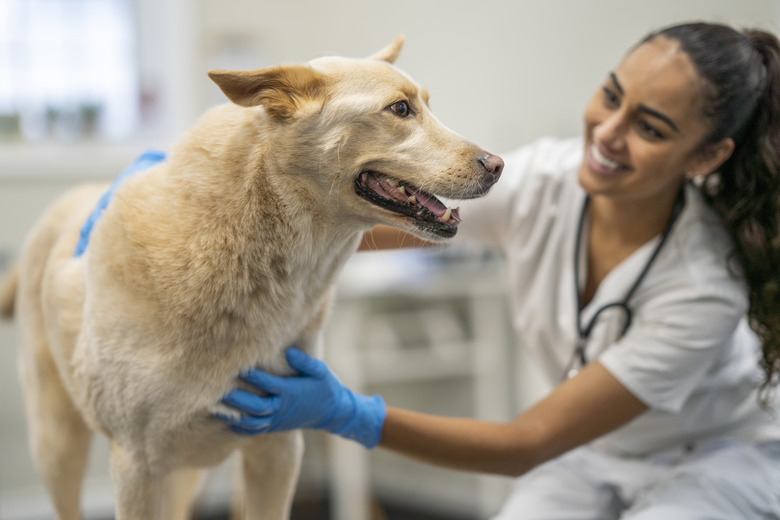How To Help A Dog Relieve Itchiness After A Surgery
A dog pulling out hair, itching, or licking stitches or an incision site is common after surgery. After the anesthesia and pain medication wear off after surgery, it's common for dogs to want to soothe themselves the only way they know how: by scratching or licking. That can be a problem for pet owners, however, as scratching can pull out stitches, and licking can irritate already-sensitive skin.
How to care for a dog with stitches
How to care for a dog with stitches
After your dog's surgical procedure, there are some steps that you should take to help them in their recovery:
- Follow your veterinarian's advice for aftercare. After surgery, your dog will likely be on exercise restrictions for at least a week or two. During this time, you should only take your dog outside on a short leash for potty breaks. You'll also want to make sure your dog doesn't jump around, roughhouse with other dogs, or perform any other excessive activity that may stretch their surgical incision. Your dog will also be prescribed pain medication and a medication schedule.
- Keep your dog's surgical incision dry. The surgical incision must remain dry for at least 14 days after your dog's surgery. You also should not apply any creams, disinfectants, or anything else to the surgical incision unless your veterinarian has told you to do so. If you are instructed to use any products during your dog's recovery, be sure to place them near the incision but not on top of the incision. Between each application, you should wipe up any old product before applying more.
- Protect the incision to avoid scratching and licking. As the surgical incision heals, you will probably notice that your dog wants to lick, bite, or scratch it. Your veterinarian will likely send your dog home with an Elizabethan collar (e-collar) that your dog should wear until their stitches are removed.
- Check the incision regularly. During the healing process, you should check your dog's incision regularly. If you notice anything irregular about the wound site, such as redness or swelling that increases, bruising, oozing, or unpleasant smells, you should call your veterinarian immediately.
- Go to any follow-up appointments. Your veterinarian will likely want you to schedule a follow-up appointment before you bring your dog home after surgery. Keeping this appointment is important so your dog's incision site can be examined and their stitches can be removed properly.
Why is my dog itchy after being shaved for surgery?
Why is my dog itchy after being shaved for surgery?
There are a few reasons your dog might be itchy following surgery. Before surgery, your dog's fur will be shaved in the area where the surgery is going to be performed. When the fur starts to grow back, it can make your dog's skin feel itchy in that area.
During the healing process, there are a few other things that can contribute to your dog's itchiness. When your dog's body starts generating new skin to close the surgical wound, this can cause irritation that makes the area itchy. Dry skin can also cause itchiness near your dog's incision.
While some itching is normal, you should keep an eye on the frequency of the itching and your dog's comfort level. If your dog seems very uncomfortable or has severe itching, you should call your veterinarian. This may be a sign of an infection or an allergic reaction to the adhesive used during the operation or a new medication that your dog is taking.
How to keep a dog from scratching stitches on their neck
How to keep a dog from scratching stitches on their neck
An e-collar can help prevent your dog from licking and chewing at their stitches, but it doesn't do anything to protect your dog's incision from their paws. To protect the stitches on your dog's neck, your veterinarian may recommend alternatives such as:
- Using an inflatable collar. Instead of using an e-collar, a foam or inflatable collar can act as a cushion around your dog's neck and prevent them from getting their nails into their stitches.
- Put shoes or socks on your dog's back legs. You can purchase socks or boots that are specific to your dog's size to keep their nails covered so they can't come into contact with their incision.
Why it’s important to stop dogs from scratching wounds
Why it's important to stop dogs from scratching wounds
After surgery, one of your top priorities will be to keep your dog's wound safe and clean. If your dog scratches or chews at their incision, they could pull out their stitches or introduce bacteria that will cause an infection.
You may need to get creative to protect your dog's incision. In some cases, you may want to have your dog wear a loose T-shirt instead of or in addition to the e-collar. If you're struggling to keep your dog from bothering their incision area, call your veterinarian to ask for suggestions.
What happens when a dog’s wound gets infected?
What happens when a dog's wound gets infected?
No matter what procedure your dog had, including neutering and spay surgeries, there is a chance for the incision to get infected. Infection of the surgical site can cause complications that prolong your dog's healing time. If you notice any signs of infection, you should bring your dog to their veterinarian as soon as possible.
Your veterinarian will want to examine your dog to take a look at the incision to see how bad the infection is and if your dog's sutures are still intact. If the incision has not been opened and your dog is only displaying minor signs of an infection, your veterinarian may prescribe an antibiotic treatment. For more serious infections or situations in which the incision has opened, the veterinarian may need to perform another surgery to clean out the wound and remove the infected tissue.
The bottom line
The bottom line
After a surgical procedure, keeping your dog from scratching their stitches is crucial to their healing process. If your dog has recently had surgery, make sure you follow their instructions to keep your dog comfortable and safe throughout their recovery. If you notice anything abnormal or have any concerns, call your veterinarian for advice.



